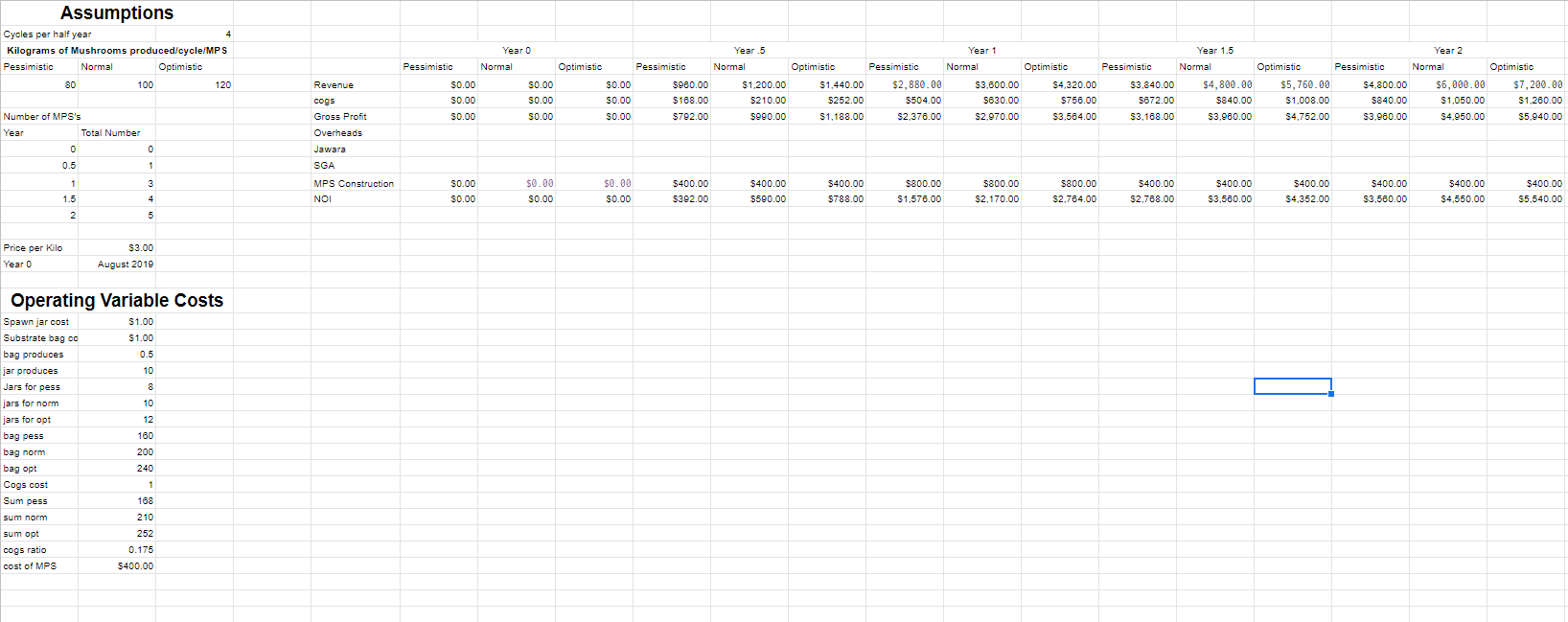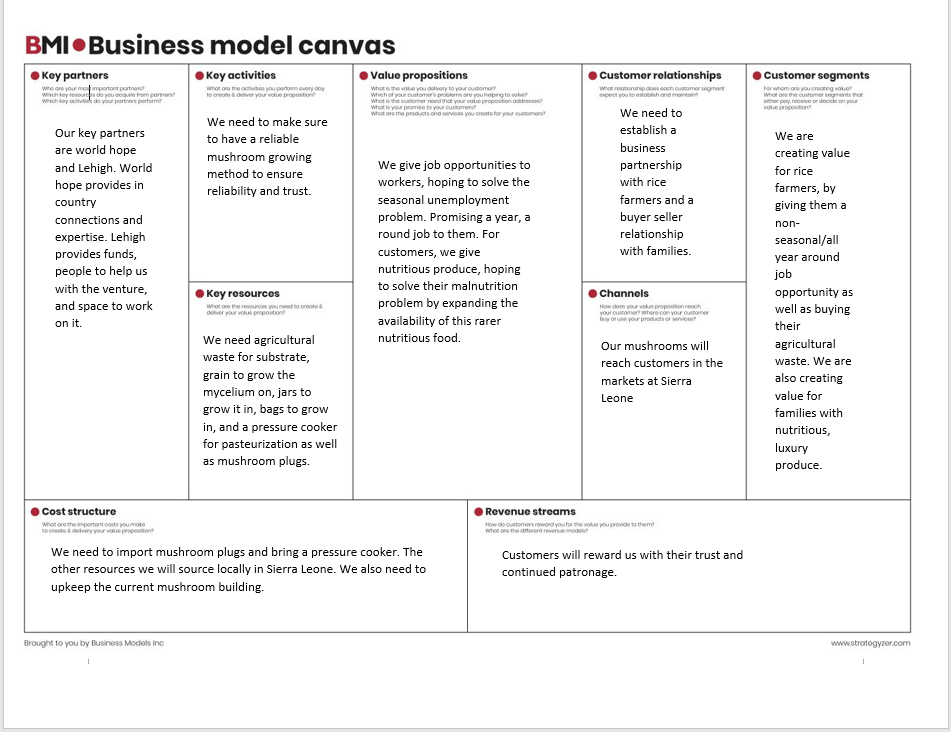An ideal design process for me would involve significant idea generation with a subsequent detailed comparison of the merits of each idea. I am idea oriented but not always focused enough on the details to be a decisive decision maker in a design process. Thus, a process more fitting to me would involve extra focus on the details and a more careful and drawn out consideration than I am used to.
My view of the design is really not very relevant I would need some way to find out if the end user of the design actually likes it. The business model can only be validated once you know if the assumptions of the model are valid, which comes from actual data. But significant work can be done to ensure that they are at least close. This likely involves some time of market analysis and some surveying of end users and any other key partners
While I cannot truly experience what members of a community vastly different from my own do on a daily basis, I can at least try to build the most informed understanding possible. It’s not enough to know what they think, but how. Understanding how a community functions makes engaging with that community a much easier task. It’s also important for the community to have some sense of ownership or empowerment from what you are doing. If the community does not feel this way than you likely need to reevaluate either the project or you engagement strategy.


